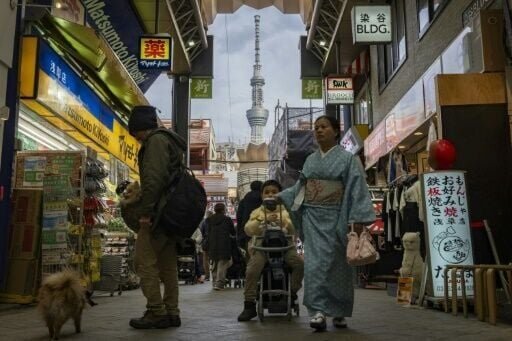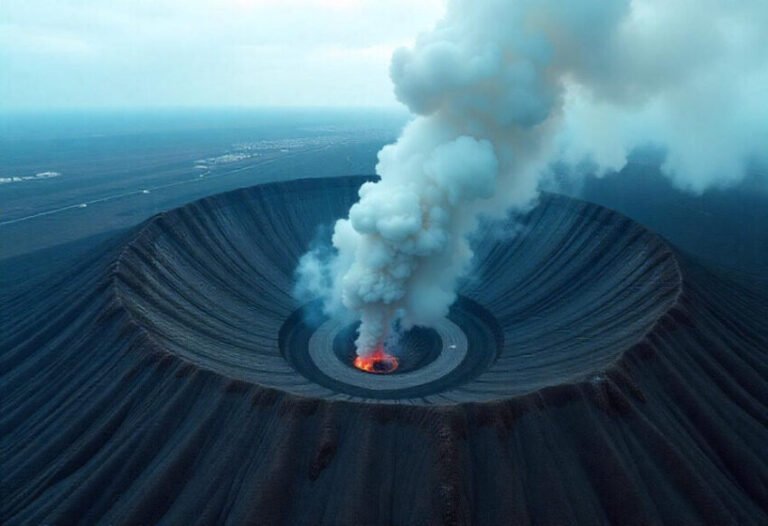
16 May Hong Kong: Unfounded online speculation regarding a possible huge earthquake hitting Japan has unsettled Hong Kong travelers, resulting in a sharp decline in travel inquiries and bookings, local travel agencies and airlines say.
Frankie Chow, director of Hong Kong travel agency CLS Holiday, said the agency has seen a 70 to 80 percent drop in enquiries for travel to Japan in March and April this year compared to last year. “I’ve never seen this before,” Chow said, noting that some customers are opting for other destinations, while others are not traveling at all.
Japan, which has rigid earthquake-proof building standards and regular small shakes, is still prone to natural disaster. Public memory of the catastrophic 2011 magnitude-9.0 quake and tsunami, killing about 18,500 people and causing a nuclear meltdown at Fukushima, still remains.
In spite of the scientific agreement that earthquakes cannot be predicted by day or location at present, these rumors persist and disturb the public. Tokyo’s Cabinet Office reaffirmed on social media network X (formerly Twitter) that earthquake prediction by date and location is not possible with current science.
The fear grew in the wake of a government panel’s January report increasing the likelihood of a monster quake on the undersea Nankai Trough in the next 30 years to between 75 and 82 percent. In March, a Cabinet Office revision estimated that such a quake and tsunami could kill as many as 298,000 people—a figure, though a standard update, has stoked fears.
Local news site HK01 posted a YouTube video of a feng shui master cautioning against traveling to Japan, which has been viewed more than 100,000 times, further fueling public concern.
Don Hon, aged 32 and a social worker in Hong Kong, was warily skeptical but allowed the rumors to affect his travel schedule. “I will just take it as a precaution, and won’t make any particular plans to go to Japan,” he said. He went on to add that if a friend asked him to go to Japan in July, he would propose somewhere else.
This misinformation wave serves to illustrate the trouble that travel industries get into with viral rumors, especially when they exploit fear of natural disasters.
FOR MORE NEWS VISIT QUESTIQA.COM




